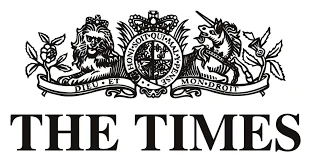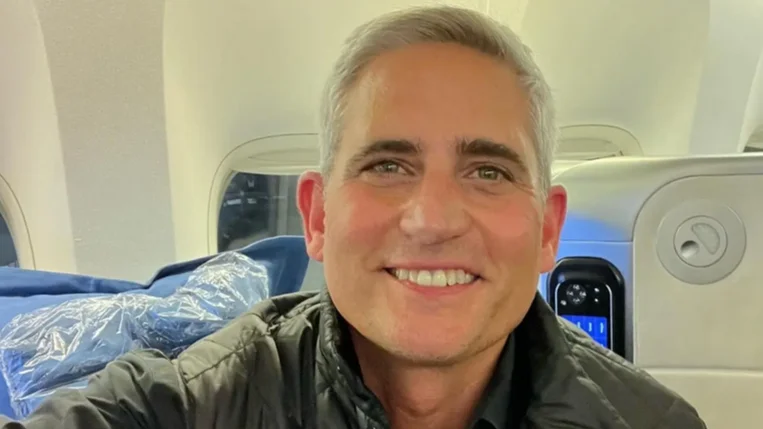The Airbus A380, the world's largest commercial jetliner, is renowned for its capacity to carry up to 853 passengers in a single-class configuration and travel long distances. First flown in April 2005 and entering service with Singapore Airlines in October 2007, the aircraft requires substantial electrical power for its various systems during flight.
The A380's cabin systems alone demand significant energy to operate air conditioning, lighting, and in-flight entertainment. Depending on occupancy and flight phase, an A380 typically needs between 180 kW and 1,250 kW of power. "Boarding an A380 is a unique experience that introduces passengers to superior standards of in-flight comfort," Airbus states. "Leading the industry in standards for innovation, experience and efficiency that carry through to today’s Airbus aircraft, the A380 is appreciated by passengers, pilots and crews alike."
During different phases of flight, power consumption varies: taxi-out requires approximately 700 kW while cruising demands up to 1,250 kW. Various systems like environmental control require around 650 kW during cruise but less during other phases. Lighting uses between 14 kW and 16 kW depending on regulatory requirements for visibility.
 Alerts Sign-up
Alerts Sign-up




































